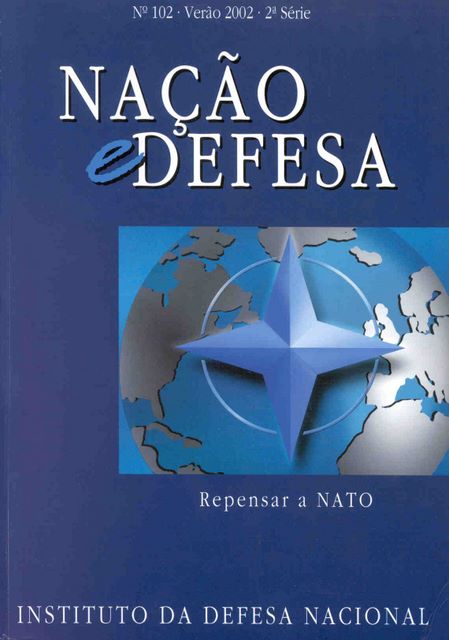International Political Theory and the Issue of Legitimate Intervention
Resumo
The aim of this article is to summarise the views of the different International Relations (IR) theories on the issue of legitimate intervention. By legitimate intervention, I mean coercive and forcible interference by an outside party or parties in the sphere of jurisdiction of a sovereign state, which seeks to pursue goals deemed to be legitimate by international society. This definition challenges the assumptions, shared by most IR scholarship, that the respect for the norm of non-intervention is the normal practice of world politics, and thereby that any kind of militar intervention is an act of rule-breaking. Contrary to this conventional position, the notion of legitimate intervention assumes that military intervention is a central institution of international society. However, the idea of legitimate intervention also recognises that the respect for the norm of non-intervention, historically, has been a central part of the normative structure of world politics, hence acts of intervention ought to be justified. This points to an apparent contradiction. On the one hand, intervention is an endemic practice in world politics; but, on the other hand, the rule of non-intervention is a central norm of international society. How do IR theories address such a contradiction? The paper tries to answer this question and, in the final section, to suggest possible ways to develop the idea of legitimate intervention.





